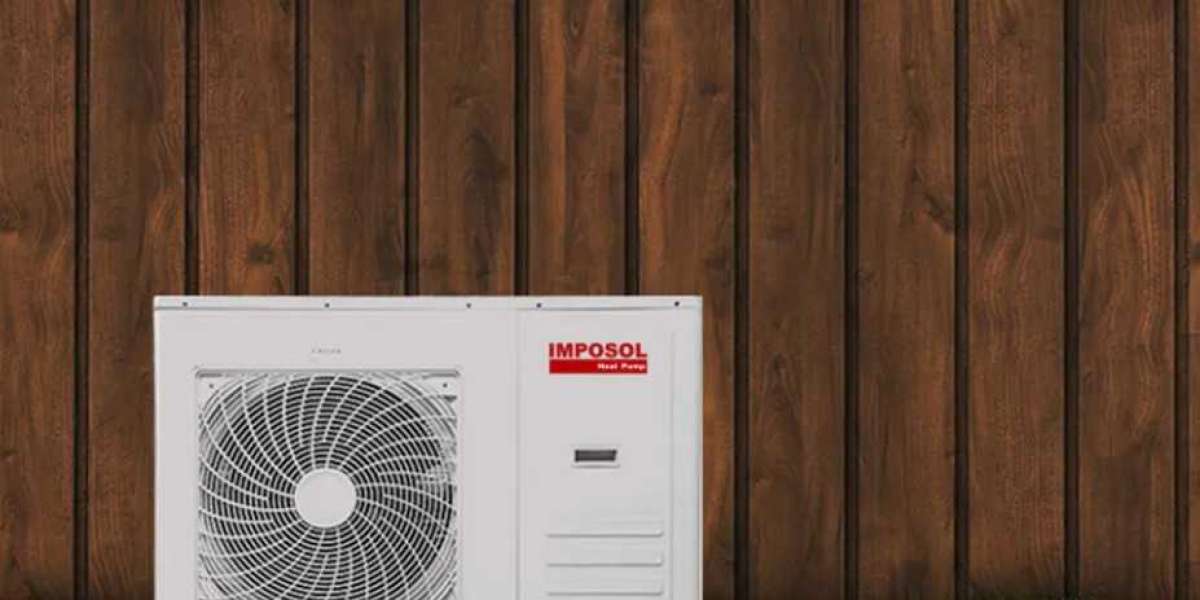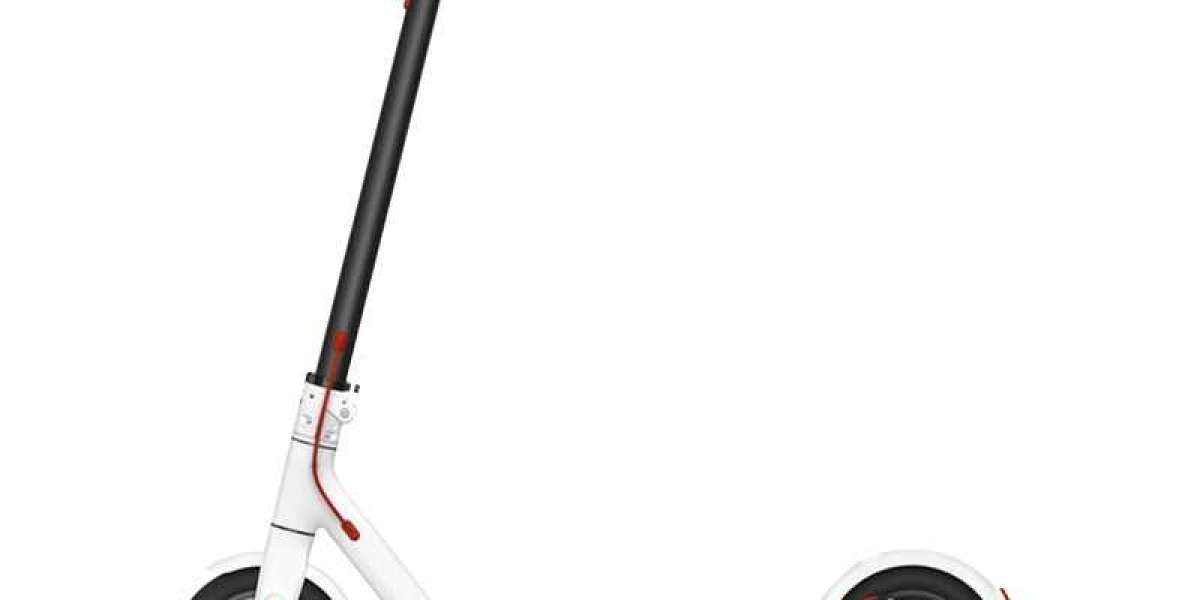Variable frequency technology, also known as Variable Frequency Drive (VFD), achieves precise control of the load by adjusting the speed of the motor. Its application in heat pump systems can significantly improve the energy efficiency and performance of the system. Heat pump systems are widely used in heating, cooling, hot water supply and other fields. Their working principle is to absorb heat in low-temperatureenvironments and heat or cool them through compressors. However, traditional heat pump systems usually use fixed-speed compressors, which have low efficiency and high energy consumption when the load changes. The introduction of frequency conversion technology can flexibly adjust the compressor speed according to changes in load, thereby optimizing energy efficiency.
First of all, frequency conversion technology can effectively improve the energy efficiency ratio (COP) of the heat pump system. In traditional heat pump systems, when the load is low, the compressor still runs at a fixed high speed, resulting in excessive energy consumption. After adopting variable frequency speed regulation, the compressor speed can be adjusted according to actual needs, avoiding unnecessary waste of energy. When the load is low, the system only needs to run at lower power, thus saving a lot of energy.
Secondly, frequency conversion technology improves the operational stability and reliability of the heat pump system. By precisely controlling the speed of the compressor, frequency conversion technology avoids frequent starts and stops of the system, reduces the impact on mechanical components, and extends the service life of the equipment. At the same time, variable frequency speed regulation enables the heat pump system to better adapt to fluctuations in external ambient temperature, improving the system's adaptability under different working conditions.
In addition, variable frequency technology also has a positive impact on the noise levels of heat pump systems. Traditional heat pump systems produce loud noise due to frequent starts and stops of the compressor, while the inverter system effectively reduces noise and improves user experience by running smoothly and adjusting the compressor speed.
However, the application of variable frequency technology in heat pump systems also faces some challenges. First, the cost of the frequency converter itself is high, which will increase the initial investment; secondly, the frequency converter has high requirements for power grid quality, which may cause system stability problems. Therefore, during the design and installation process, the economics and technical feasibility of the system need to be considered.
In short, the application of frequency conversion technology in heat pump systems can significantly improve the energy efficiency, stability and comfort of the system, and is an important direction for the optimization of modern heat pump systems. With the development of technology and reduction of costs, variable frequency heat pumps will play an increasingly important role in the future heating and cooling fields.














